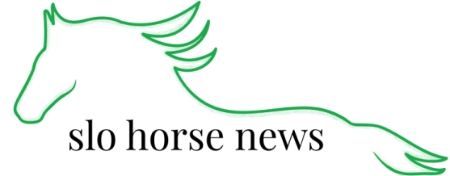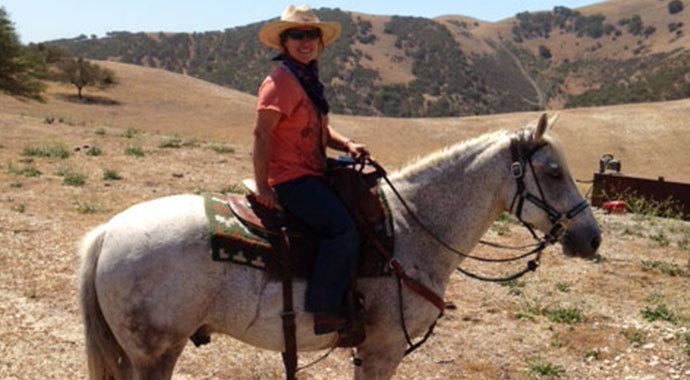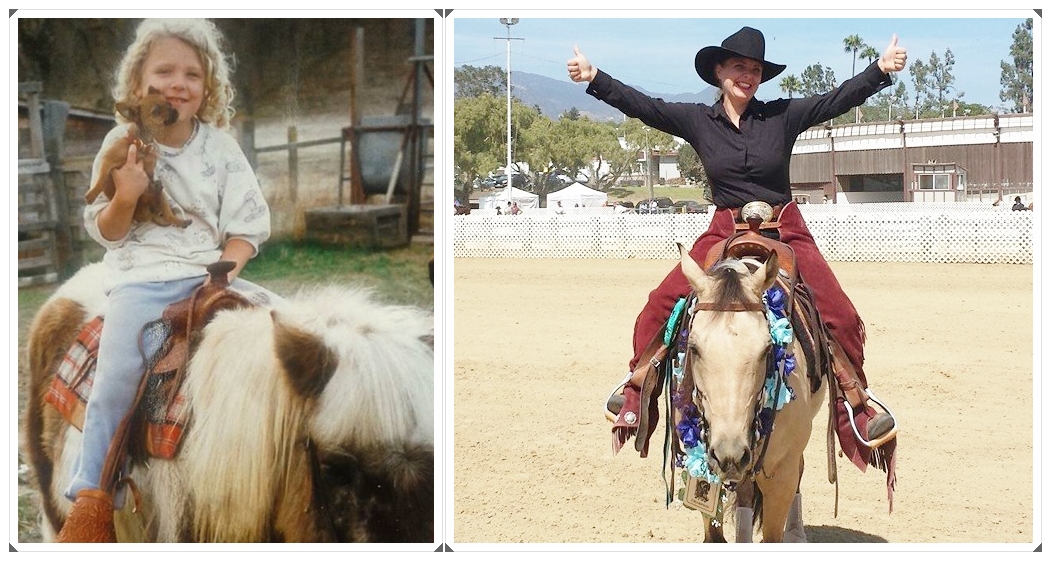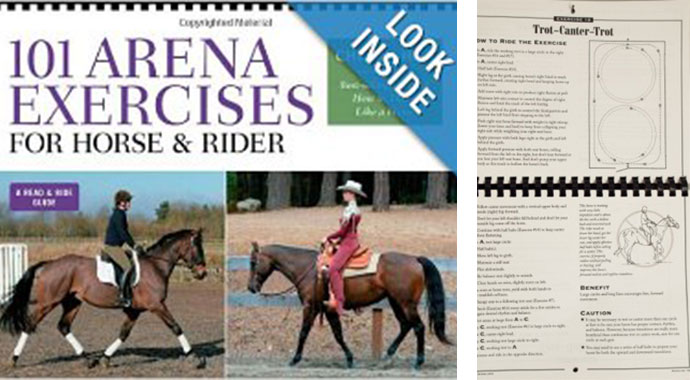The day three-year old Gina Sears sat upon a horse for the first time was the beginning of a lifelong journey leading her to helping people through Equine Facilitated Psychotherapy (EFP). Gina, a Licensed Marriage and Family Therapist (LMFT), works with clients from her office in a stall, a round pen, the arena, or the back of a horse. “My journey as a psychotherapist and lifelong horsewoman has always been an area of dedication. To bring these together is a fusion of my worlds that I feel extremely grateful about,” says Gina.
She compares equine facilitated therapy to holding a mirror up and asking, “What do you see?” Through the thoughts and feelings reflected from their experiences with the horses, her clients are able to focus in the moment and build those experiences into a life strategy. One client, building on such a reflective experience related, “I protect myself like that horse protects itself and I act that way because I was hurt too.” This is just one example of the kind of awareness horses can awaken. In her ten years of practicing EFP, Gina’s clients have developed both physically and emotionally. Another client reported that the work is an “important part” of self care.
A lifetime horsewoman, Gina became interested in using horses for therapy in graduate school. When given an assignment to write about an experience that influenced her life she chose to delve into her relationship with horses. She discovered that her journey with horses taught her some valuable life lessons. Realizing that being an LMFT is about helping people have healthier relationships and that, based in what horses taught her, equine therapy gives people the opportunity to examine their lives in a safe relationship with another being.
“People tend to have their own unique experience with the healing power of the horse. It has everything to do with how you use that time. It has everything to do with learning to work as a team, keeping an open mind, and being receptive to feedback,” says Gina.
Horses have gained ground as therapy animals since therapeutic riding became popular in the late 1960s. Since then, a number of therapeutic disciplines have evolved including equine psychotherapy (EFP and EAP), equine assisted learning (EAL), and ponies and mini-horses as guide horses and service animals.
EFP is an experiential treatment approach involving several aspects of horsemanship from caring for the horse to riding. Some sessions are based on groundwork while others involve riding. EFP is provided by a therapeutic riding instructor who is a licensed mental health professional. Therapeutic activities provide opportunities for addressing what is alive in the client. Very often the theme is about building self-esteem, self-awareness, trust, communication, appropriate boundaries and a sense of responsibility. Therapeutic interactions incorporate the dynamics of the horse, the clinical skills of the therapist and the hopes, dreams, strengths and challenges of the person working with the horse.
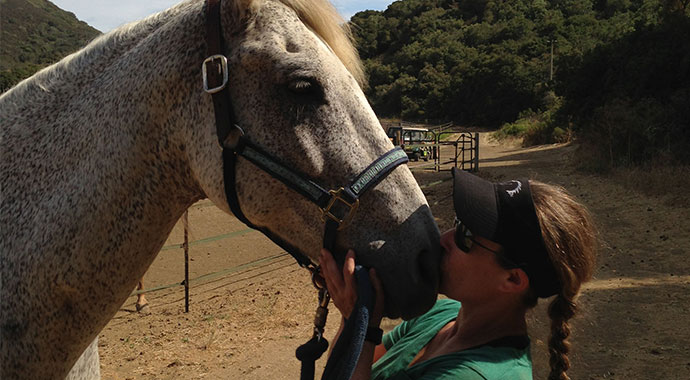
Gina has her own small herd of horses that she uses in her practice as well as leasing a few others that fit into her programs because of their natures. Since not every horse is suitable as a therapy horse, she uses the Professional Association of Therapeutic Horsemanship International (PATH) guidelines when selecting horses. “The important consideration is safety. In general, horses need to be well-trained, patient, calm, and kind. Choosing a horse is an important part of the process. I think of them as my co-workers. I develop a strong rapport with the therapeutic horse team so that I can be attuned to the horse’s needs.”
In addition to being an LMFT, Gina is also a PATH certified riding instructor. She works with clients from the age of five and up, by referral from other therapists. Her primary office is the back of a horse in Los Osos. However, she does have other offices with real chairs and a desk in San Luis Obispo and one in Los Osos. The best way to reach Gina Sears, if you can’t saddle up and ride out, is to call her at 805-710-2100.
